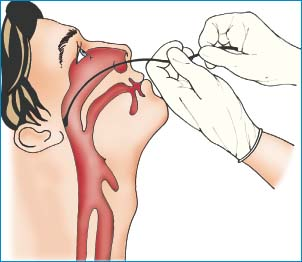When it comes to covering your mouth with a surgical(-like) mask - I find this study very interesting:
Sidenote - I never understoon how wearing a surgical-style mask should be of any relevant help against smog or air pollution. But as shown in the video - maks helps to stop spitting large dopplets while coughing or sneezing.
WHO updated today their recommendation on wearing a mask - but they still say that the primary (only?) reason is to protect others if you cough or sneeze. Plus you also avoid accidentally touching your face.
https://www.theguardian.com/world/2...lthy-to-wear-face-masks-says-who-after-review
Sidenote - I never understoon how wearing a surgical-style mask should be of any relevant help against smog or air pollution. But as shown in the video - maks helps to stop spitting large dopplets while coughing or sneezing.
WHO updated today their recommendation on wearing a mask - but they still say that the primary (only?) reason is to protect others if you cough or sneeze. Plus you also avoid accidentally touching your face.
https://www.theguardian.com/world/2...lthy-to-wear-face-masks-says-who-after-review






